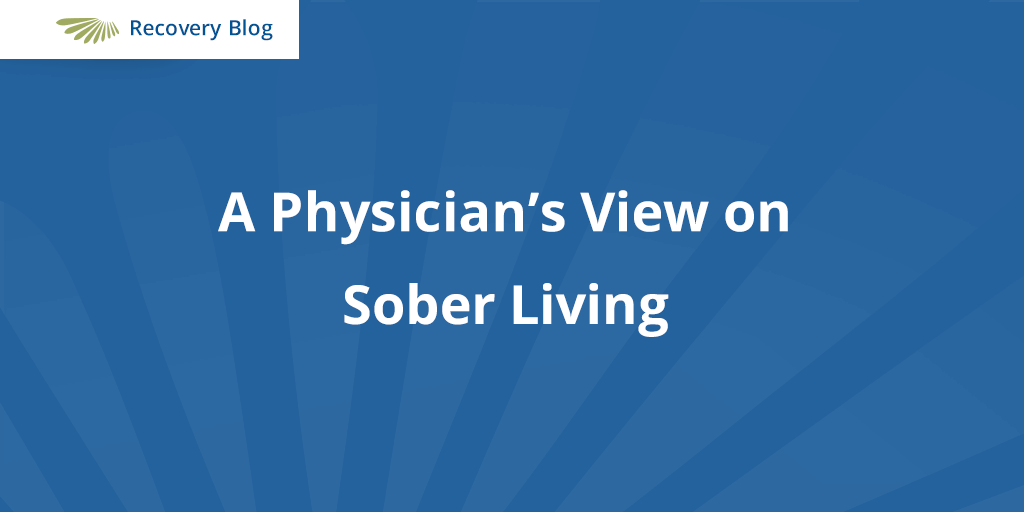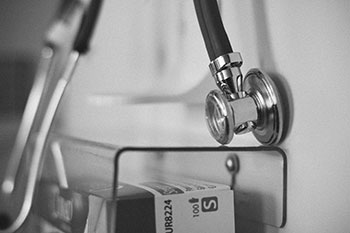
Treating patients with a substance use disorder is one of the most challenging scenarios that a physician or another provider will face. If a patient presents with an ear infection, physicians can prescribe antibiotics and the patient is cured. If a patient presents with a sprained ankle, we can give them a brace, ice packs and refer them to physical therapy. In both of these scenarios, the treatment is straightforward and the presenting problem resolves in a reasonable time. Even with patients with diabetes, medications can bring a patient’s blood sugar under control. What makes treating substance use disorders so difficult is that our medications rarely result in remission without additional interventions. Like our patients, we often feel as if we are “out-gunned” by the addiction. It is for this reason, that providers view sober living environments as a welcome ally.
Medications Used In Recovery
The medications that physicians use to treat substance use disorders do not cure the underlying processes which are causing our patients to use substances. Our patients are often trapped in a complex web of genetic, social, psychological and environmental factors that hard-wire their brains to seek out and use a substance. Many of our patients use substances as a way to escape from the stresses of their lives. They have developed unhealthy coping mechanisms that have now been built into their “emotional muscle memory.” In other words, when many of our patients face stresses, their brain is wired to look to a substance to relieve the distress that they feel.
How Medication Helps
 Medications cannot “rewire” patient’s brains to suddenly start use healthy coping mechanisms. Medications for addiction act to block certain pathways that either make using the substance an unacceptable alternative or reduce the overall stress response. This allows time for psychological and social interventions to have their effect of helping the patient “retrain” their brain to use healthy coping mechanisms for stress.
Medications cannot “rewire” patient’s brains to suddenly start use healthy coping mechanisms. Medications for addiction act to block certain pathways that either make using the substance an unacceptable alternative or reduce the overall stress response. This allows time for psychological and social interventions to have their effect of helping the patient “retrain” their brain to use healthy coping mechanisms for stress.
Sober Living Environments
Sober living environments have added a greatly needed treatment modality for substance use disorders. Many of our patients have extremely stressful living situations that do not allow them the time to “retrain” their brains. When a patient is at home and faces a significant stress early in their recovery, it is extremely difficult for them not to revert to old behavior and coping mechanisms. These episodes reinforce the unhealthy “wiring” in their brains, and is in direct conflict with the goals of their treatment. A sober living environment reduces the stress cues for those struggling with substance use disorders. A supportive, substance free environment provides the necessary time for the patient to learn and reinforce their healthy “wiring.”
Speak To The Aquila Recovery Clinic
While medications can reduce the chemical and biological stress for patients, a sober living environment can provide the often essential reduction in environmental stresses. This allows for vital healing time to empower recovery. If you’re interested in learning more about sober living environments or starting your recovery today, reach out to the Aquila Recovery Clinic. You can reach us by phone at (202) 618-9125 or request a consultation online.

